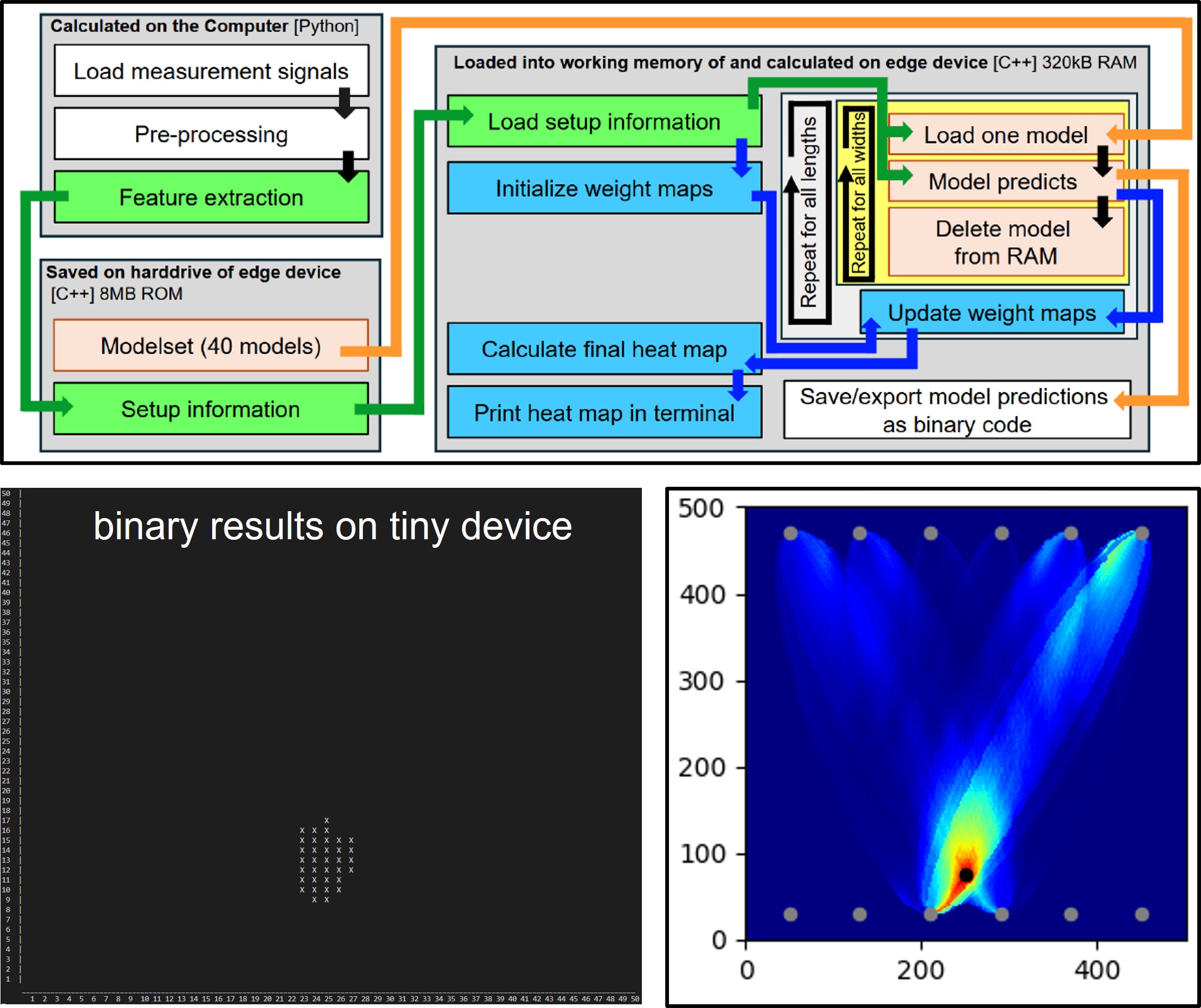A novel methodology for the elimination of temperature effects in radar-based structural health monitoring systems for wind turbine blades has been accepted for publication in Sensors journal.
Abstract:
The compensation of temperature is critical in every structural health monitoring (SHM) system for achieving maximum damage detection performance. This paper analyses a novel approach based on seasonal trend decomposition to eliminate the temperature effect in a radar-based SHM system for wind turbine blades that operates in the frequency band from 58 to 63.5 GHz. While the original seasonal trend decomposition searches for the trend of a periodic signal in its entirety, the new method uses a moving average to determine trends for each point of a periodic signal. The points of the seasonal signal no longer need to have the same trend. Based on the determined trends, the measurement signal can be corrected by temperature effects, providing accurate damage detection results under changing temperature conditions. The performance of the trend decomposition is demonstrated with experimental data obtained during a full-scale fatigue test of a 31 m long wind turbine blade subjected to ambient temperature variations. For comparison, the well-known optimal baseline selection (OBS) approach is used, which is based on multiple baseline measurements at different temperature conditions. The use of metrics, such as the contrast in damage indicators, enables the performance assessment of both methods.
More information:
Simon, J.; Moll, J. & Krozer, V. Trend Decomposition for Temperature Compensation in a Radar-Based Structural Health Monitoring System of Wind Turbine Blades, Sensors, 2024 (accepted in January 2024)


